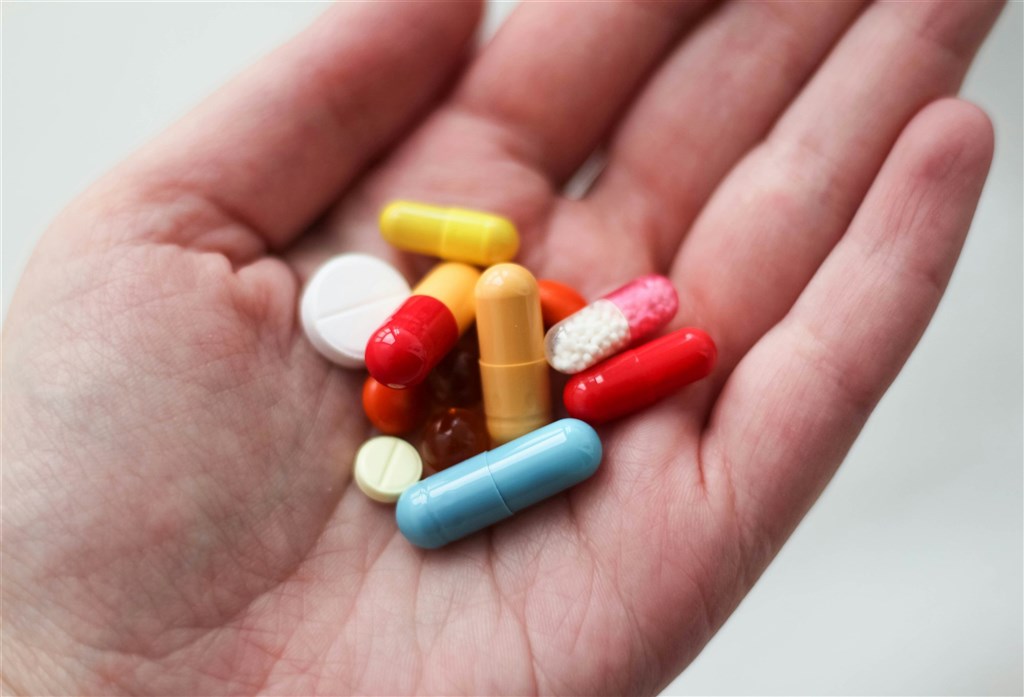Taipei, April 5 (CNA) U.S. President Donald Trump’s plan to impose tariffs on imported semiconductors and pharmaceuticals has raised concerns in Taiwan’s drug sector, industry insiders said on Saturday.
Chen Wei-jen (陳威仁), founding chairman of the Taiwan Functional Food Industry Association, told reporters that the possible extension of the tariffs to health supplements could significantly impact local manufacturers that rely on outsourcing work.
Chen said the core issue lies in the large difference between Taiwan’s high import tariff rates on health supplements (30 percent), adding that there have been recent discussions about reducing Taiwan’s tariff rates to 20 percent over the next five years.
However, if Taiwan reduces its tariffs it could lead to a decrease in foreign demand for its outsourcing services, which may negatively impact the local production industry, he said.
Chen explained that during the COVID-19 pandemic, global supply chain disruptions led many developed countries to commission Taiwanese manufacturers to produce health supplements for local markets.
However, with a reduction in Taiwan’s tariffs and recovery in the global supply chain, foreign companies could shift their outsourcing to even lower-cost countries, undermining Taiwan’s competitive advantage in the health supplement sector, he said.
Meanwhile, an anonymous senior representative from Taiwan’s pharmaceutical industry added that the impact of Trump’s proposed tariffs on the drug manufacturing sector itself would likely be minimal, as only about 10 percent of Taiwan’s pharmaceutical exports go to the U.S. market.
